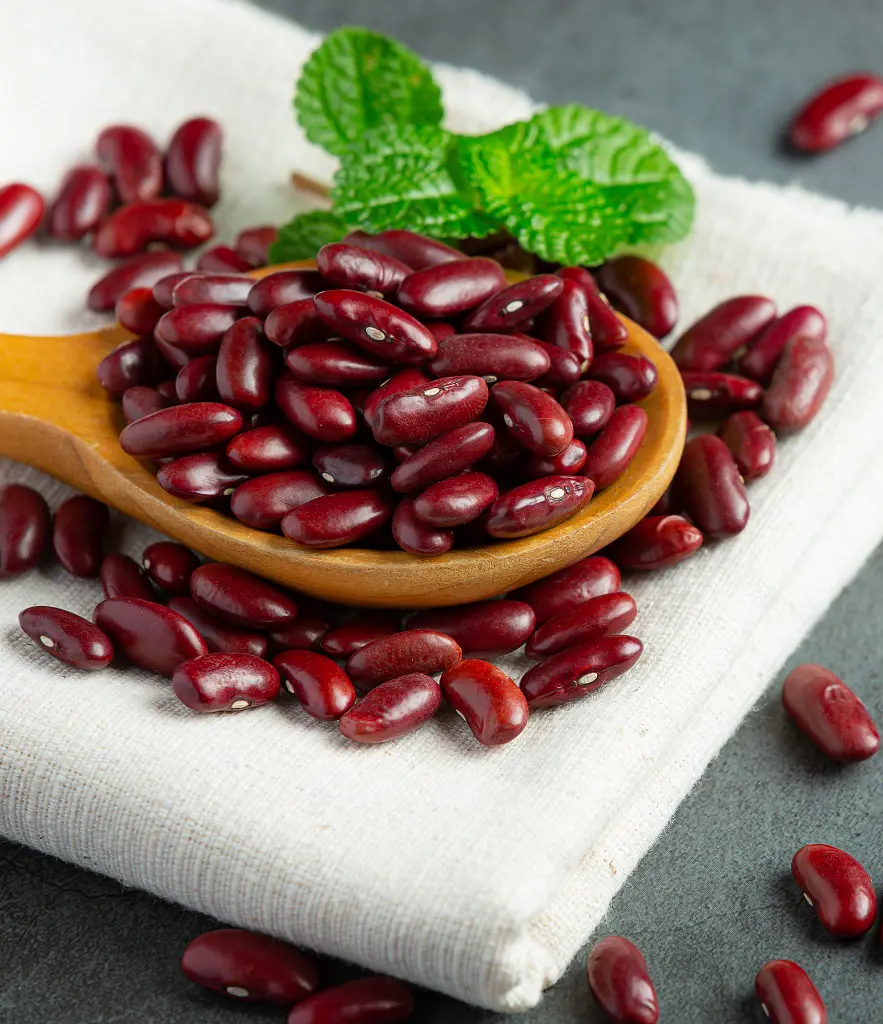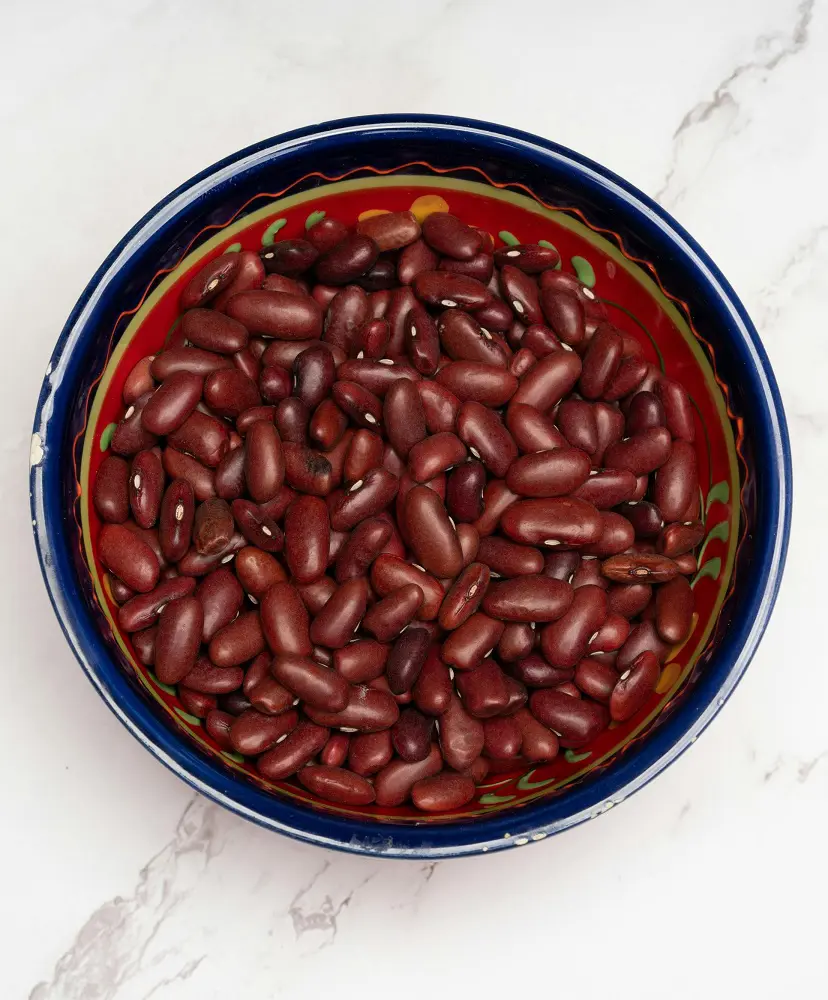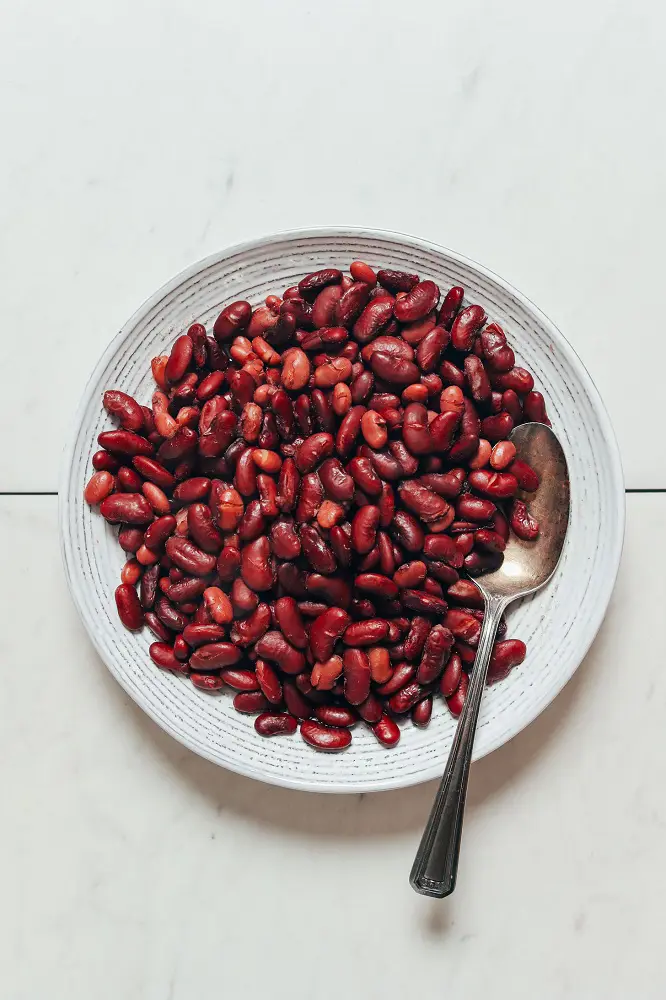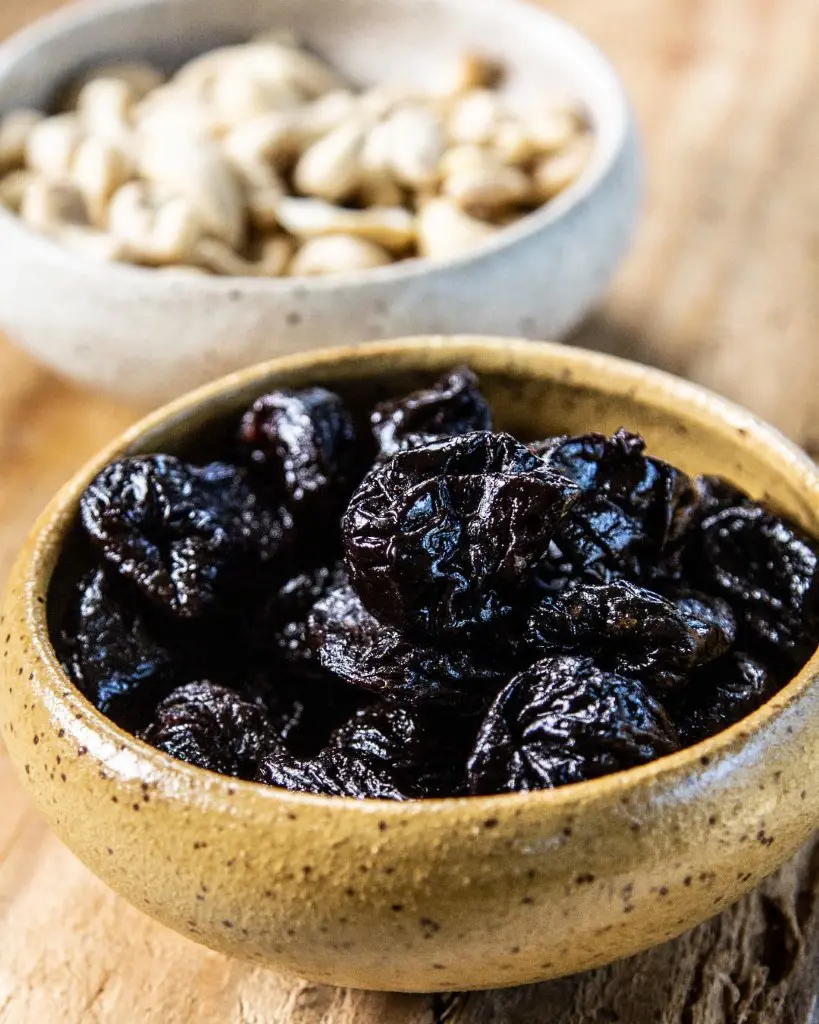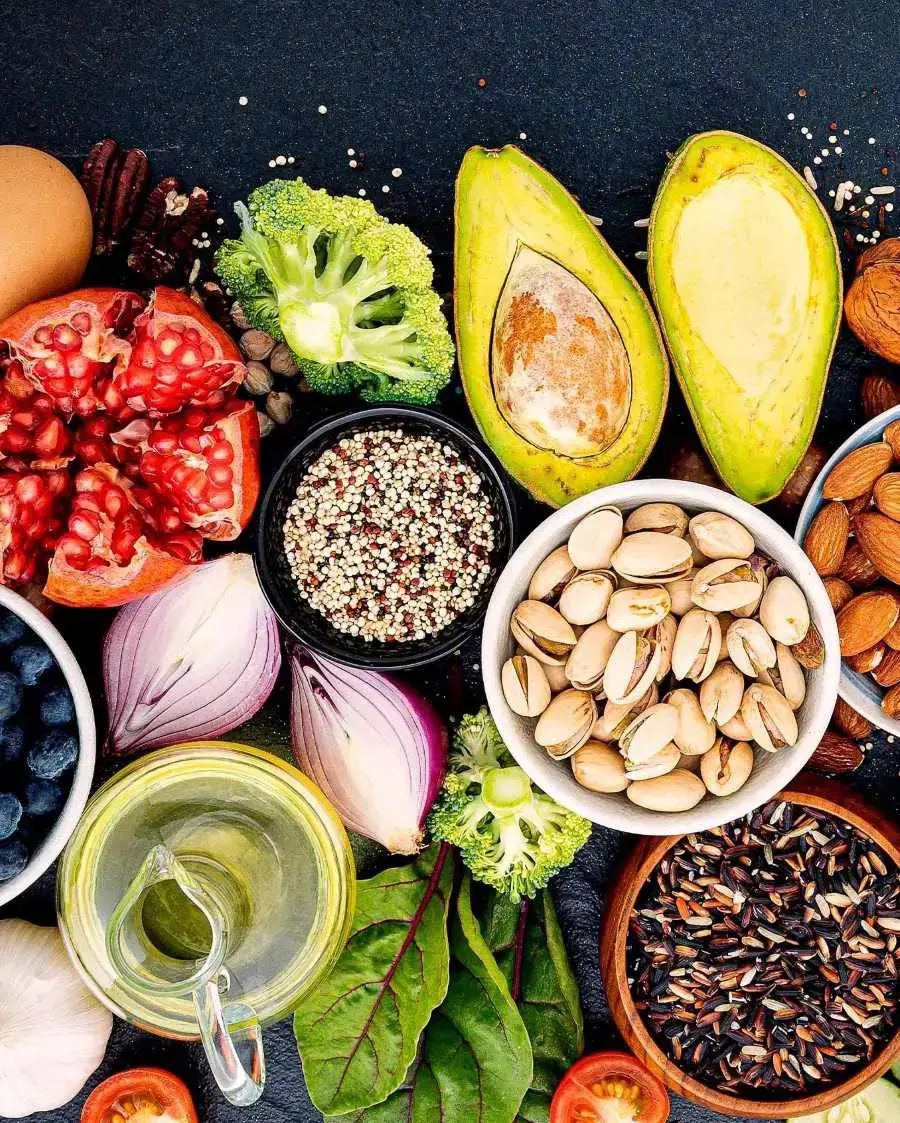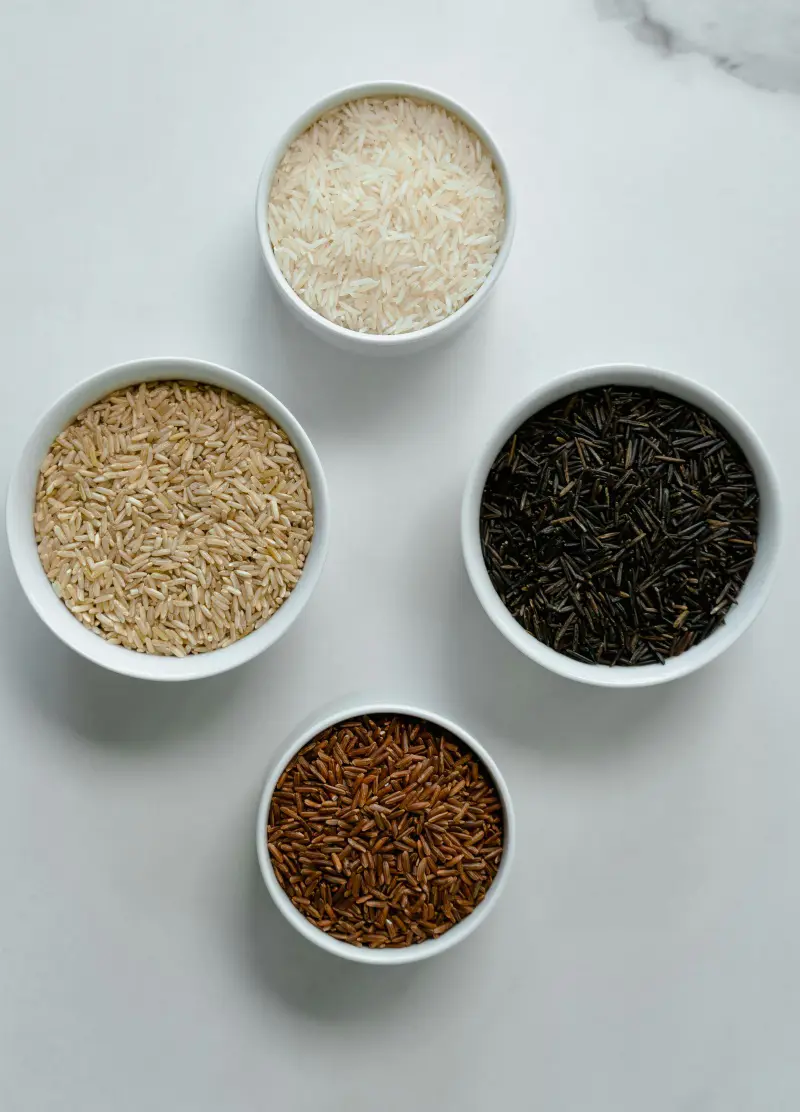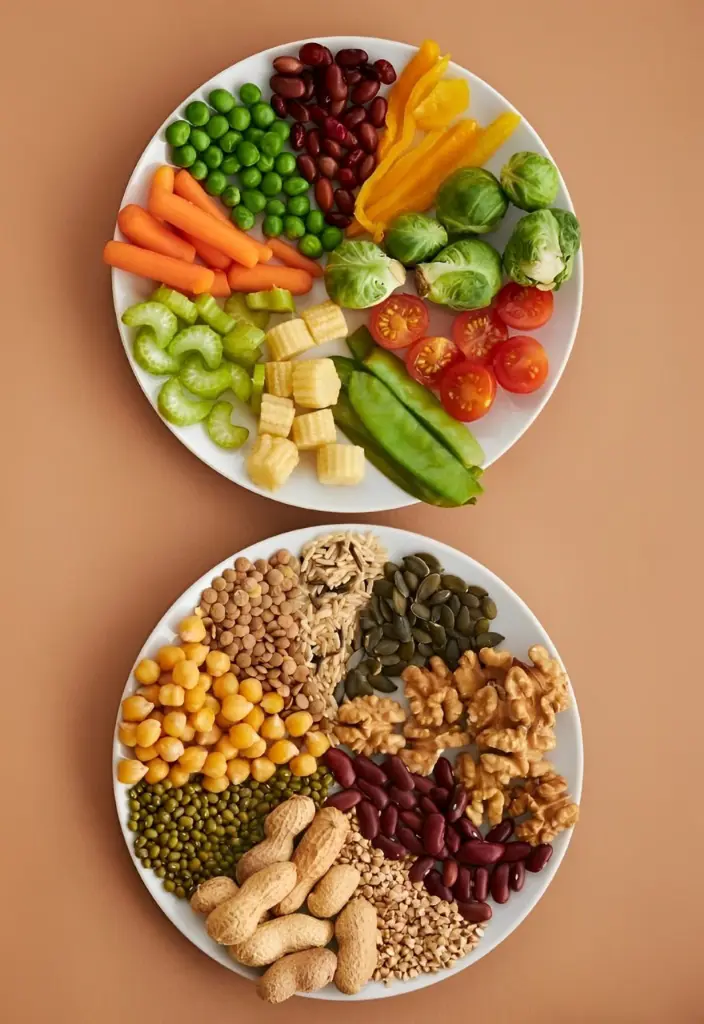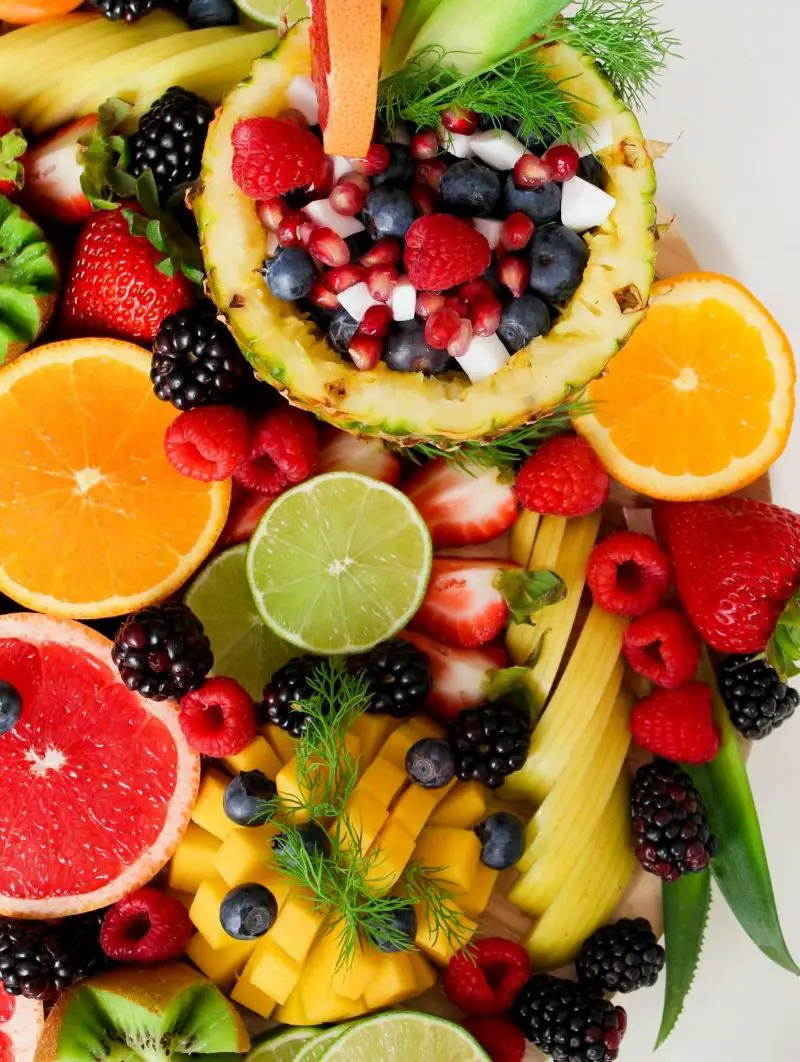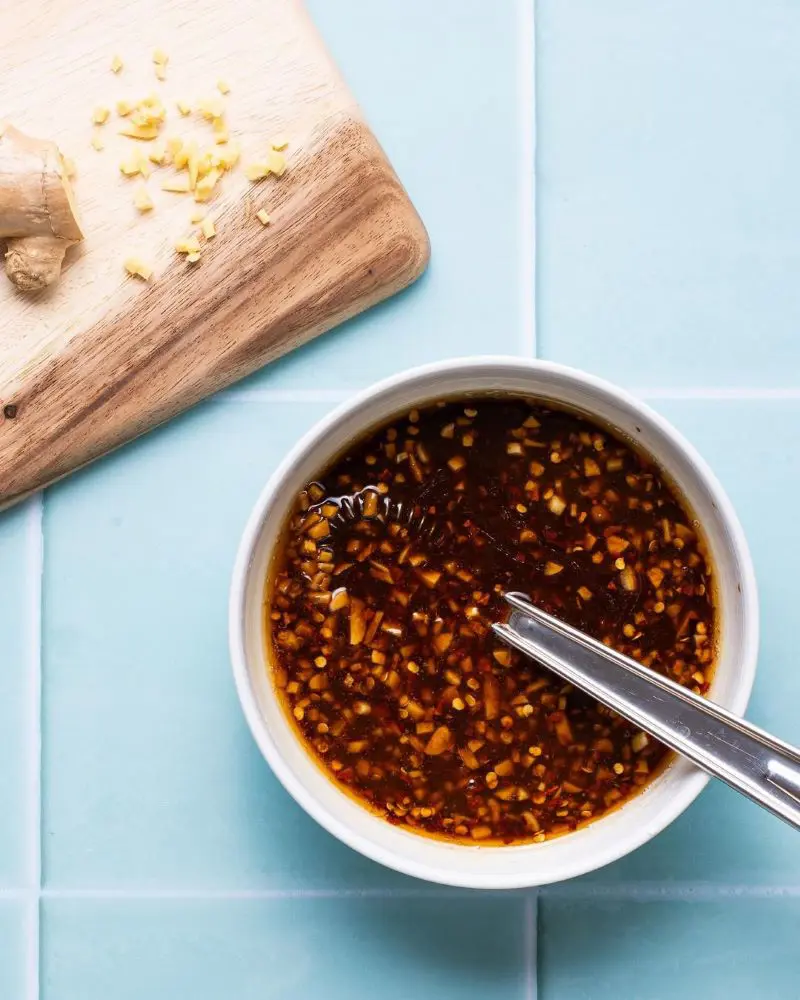1. Lowers Cholesterol
Kidney beans are highly beneficial for lowering cholesterol because they consist of a rich soluble fiber. This type of fiber dissolves in water to form a gel-like substance that binds with bile acids (made from cholesterol) in the intestine.
Specifically, this process can significantly lower low-density lipoprotein (LDL) cholesterol, commonly known as "bad" cholesterol, which is a major risk factor for heart disease. Furthermore, kidney beans contain antioxidants that reduce inflammation and prevent the oxidation of cholesterol, which can lead to plaque formation in the arteries and atherosclerosis. Hence, you can include these beans in your diet which can be helpful for you.
